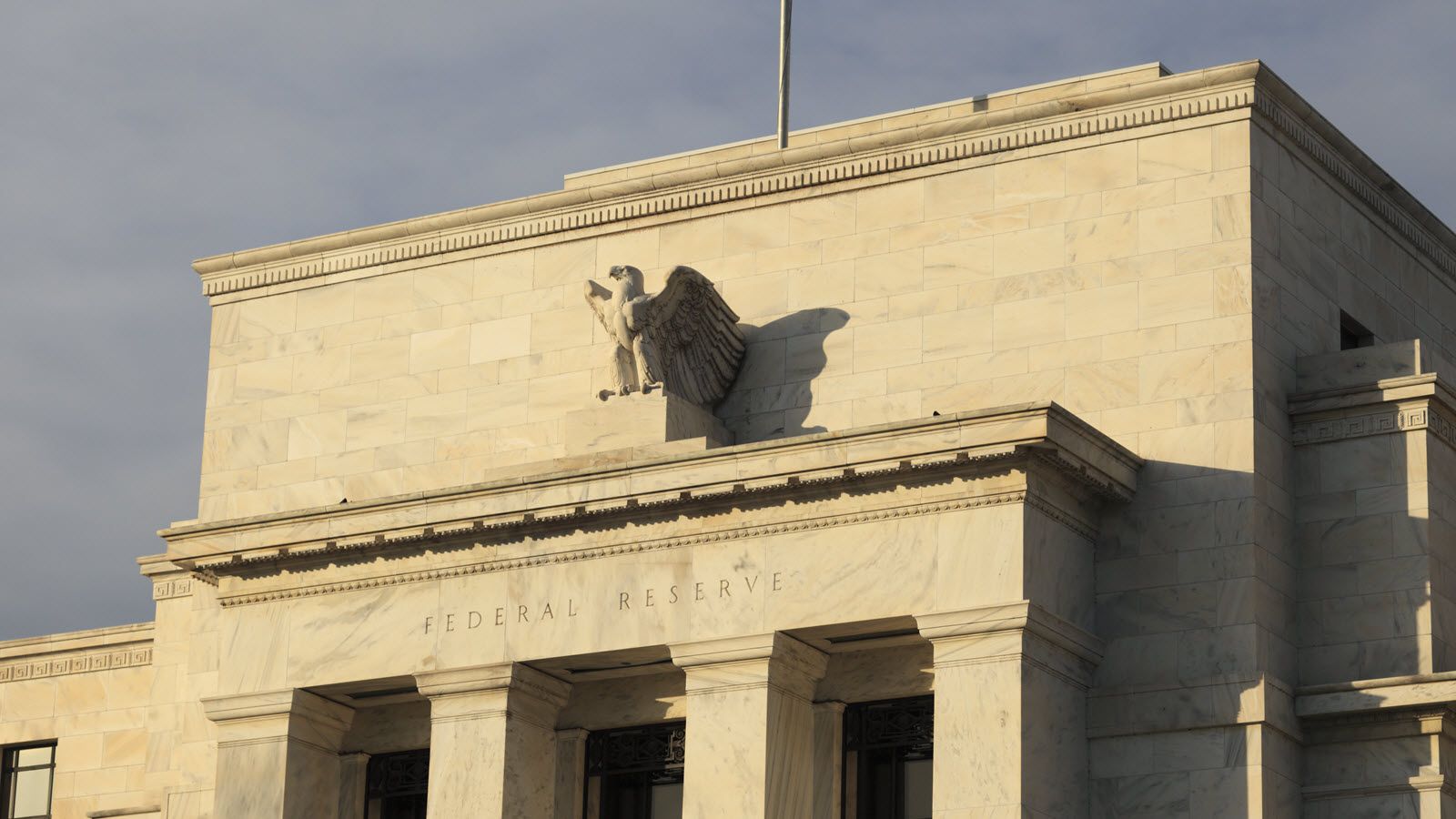Fed Increases Assets Amid Rate Cut Predictions
17.08.2024 12:00 1 min. read Alexander Stefanov
The Federal Reserve's balance sheet expanded by $2 billion this week, reaching a total of $7.2 trillion.
This marks the ninth increase in a year amidst prior declines, which have been tapering off since May, possibly signaling an upcoming rate cut.
CME data points to a potential 25 basis point rate cut on September 16, supported by recent lower-than-expected inflation and PPI figures. Despite this, August retail sales were stronger than anticipated, reducing immediate recession fears.
Financial markets have largely absorbed the effects of the yen carry trade unwind from August 5, though Bitcoin remains below $60,000.
The Japanese Yen has weakened to 148 per dollar, and Japan’s GDP growth surpassed forecasts at 0.8%, possibly indicating a future rate hike by the Bank of Japan.
In contrast, the UK economy grew by 0.6% in Q2 2024, following a 0.7% increase in Q1. Coinbase UK’s CEO, Daniel Seifert, suggested that further rate cuts by the Bank of England could boost interest in cryptocurrencies and enhance regulatory alignment with global standards.
-
1
Gold Beats U.S. Stock Market Over 25 Years, Even With Dividends Included
13.07.2025 15:00 1 min. read -
2
US Inflation Heats Up in June, Fueling Uncertainty Around Fed Cuts
15.07.2025 16:15 2 min. read -
3
U.S. Announces Sweeping New Tariffs on 30+ Countries
12.07.2025 16:30 2 min. read -
4
Robert Kiyosaki Predicts When The Price of Silver Will Explode
28.06.2025 16:30 2 min. read -
5
Key U.S. Economic Events to Watch Next Week
06.07.2025 19:00 2 min. read
US Inflation Heats Up in June, Fueling Uncertainty Around Fed Cuts
U.S. inflation accelerated in June, dealing a potential setback to expectations of imminent Federal Reserve rate cuts.
Gold Beats U.S. Stock Market Over 25 Years, Even With Dividends Included
In a surprising long-term performance shift, gold has officially outpaced the U.S. stock market over the past 25 years—dividends included.
U.S. Announces Sweeping New Tariffs on 30+ Countries
The United States has rolled out a broad set of new import tariffs this week, targeting over 30 countries and economic blocs in a sharp escalation of its trade protection measures, according to list from WatcherGuru.
Key U.S. Economic Events to Watch Next Week
After a week of record-setting gains in U.S. markets, investors are shifting focus to a quieter yet crucial stretch of macroeconomic developments.
-
1
Gold Beats U.S. Stock Market Over 25 Years, Even With Dividends Included
13.07.2025 15:00 1 min. read -
2
US Inflation Heats Up in June, Fueling Uncertainty Around Fed Cuts
15.07.2025 16:15 2 min. read -
3
U.S. Announces Sweeping New Tariffs on 30+ Countries
12.07.2025 16:30 2 min. read -
4
Robert Kiyosaki Predicts When The Price of Silver Will Explode
28.06.2025 16:30 2 min. read -
5
Key U.S. Economic Events to Watch Next Week
06.07.2025 19:00 2 min. read


